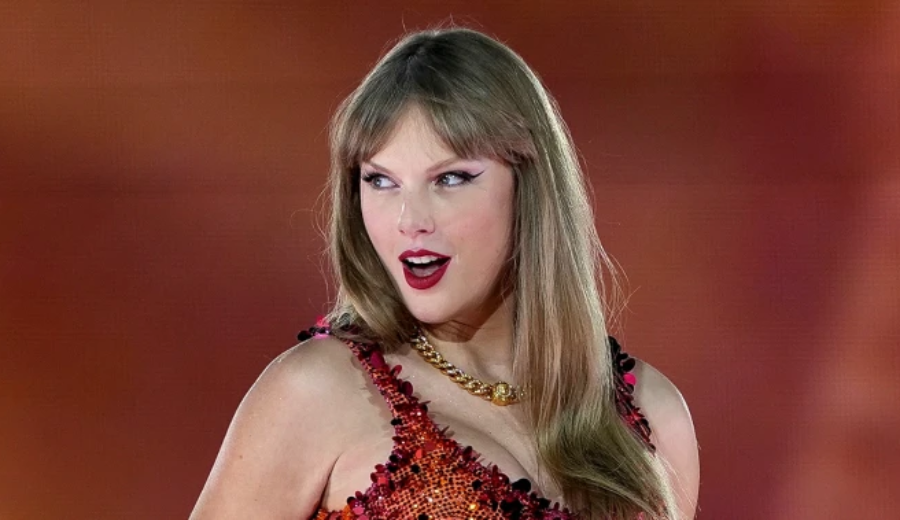Recent developments in the technology sector paint a picture of both economic recalibration and potential legislative upheaval. The substantial decline in U.S. technology job postings, particularly within software development, indicates a marked contraction. A 30% decrease since February 2020, coupled with the collective layoff of approximately 137,000 employees since January, suggests a strategic pivot away from rapid expansion towards revenue generation and focused investment in emerging technologies like Artificial Intelligence. This shift underscores the volatile nature of the tech industry and the imperative for adaptability amidst evolving market pressures.
Concurrently, legislative discourse surrounding patent eligibility presents a potential paradigm shift in intellectual property rights. The Senate Judiciary Committee’s consideration of the Patent Eligibility Restoration Act (PERA) signals a willingness to redefine the boundaries of patentable subject matter. By aiming to eliminate judicial exceptions, PERA could broaden the scope of patent protection to include software processes and isolated human genes, potentially reversing established Supreme Court precedent. The passage of such legislation could have profound implications for innovation, competition, and investment within the technology and biotechnology sectors, prompting a reassessment of existing intellectual property strategies.
















